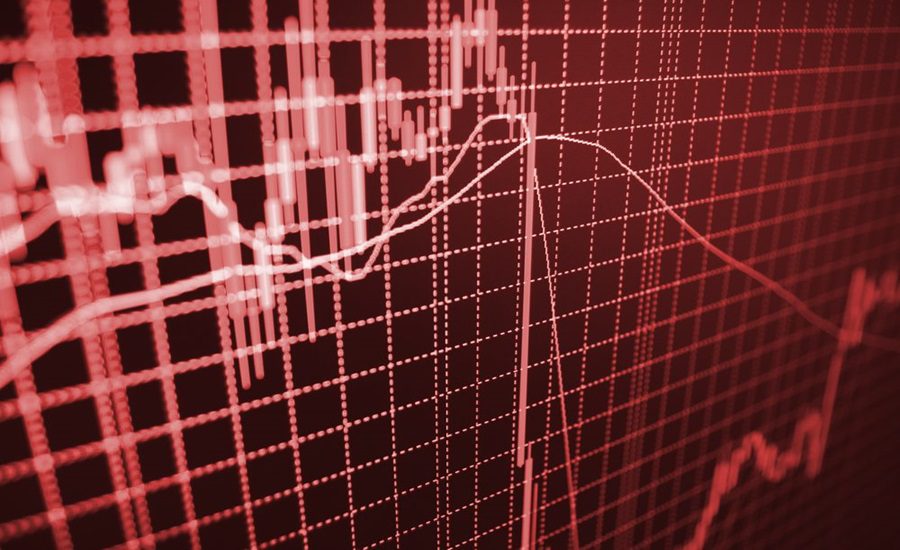Former IAS officer E A S Sarma, who served as a Secretary in the Ministry of Finance between 1999 and 2000, has, in a letter to Economic Affairs Secretary Ajay Seth (1987 batch IAS officer), demanded an inquiry by the Enforcement Directorate (ED) into the June 4 stock market crash on the day of election results where Rs. 31 lakh crore of investors’ wealth evaporated into thin air.
Mr. Sarma wanted to know if market regulator SEBI took any action to calm the market or initiated an investigation to ascertain the reason behind sharp fluctuations in stock market movement on June 3 and 4.
He said, “It is disturbing that a combination of factors triggered a stock market surge on June 3, 2024, followed by a huge crash during the day that followed, wiping out the hard-earned savings invested in the market by small and marginal investors, allowing the bigger stockmarket sharks to profiteer at their cost. Even today, the stock market has not fully recovered.”
The contentious issue arose after the exit poll prediction of a resounding BJP victory, and the BSE benchmark Sensex shot up on Monday by 2,507 points or 3.4% to settle at a new closing peak of 76,469. However, a day later (when the results came out), the equity markets witnessed a bloodbath, with the Sensex tanking 4,390 points or 6% to settle at 72,079 – the worst single-day fall in 4 years! It must be noted that the Prime Minister himself had “predicted” a stock market surge on the 4th, namely, the date of counting of votes in the 2024 elections, conveying a hint that investors should invest in the stock market, as his government’s return to power would usher in further reforms.
Mr. Sarma said, “I am not sure what really prompted the PM to make such an ill-advised statement. His statement was followed by the Union Home Minister, who is reported to have added fuel to the fire by saying that investors should buy before 4th June. Where did the investor or investors who earned profits park their ill-gotten money? Is there a link to a money-laundering exercise? The Enforcement Directorate, if it can function independently, as it should, may be asked to investigate this possibility.”
He pondered upon the prospect whether the SEBI could have calmed down the market by countering the false statements. He said, “The Department of Economic Affairs cannot afford to remain passive and allow the culprits to go scot-free. It should ask the ED, CBI and CBDT to conduct a well-coordinated investigation in a time-bound manner so that the incoming new government, the newly elected Parliament and, of course, the public at large, would have to be apprised of this.”





























